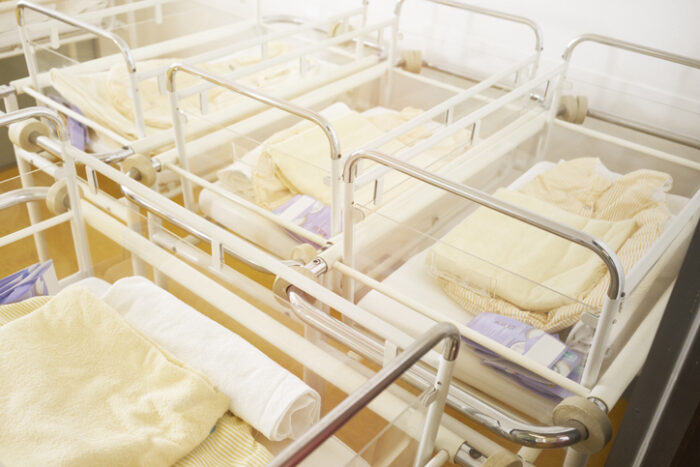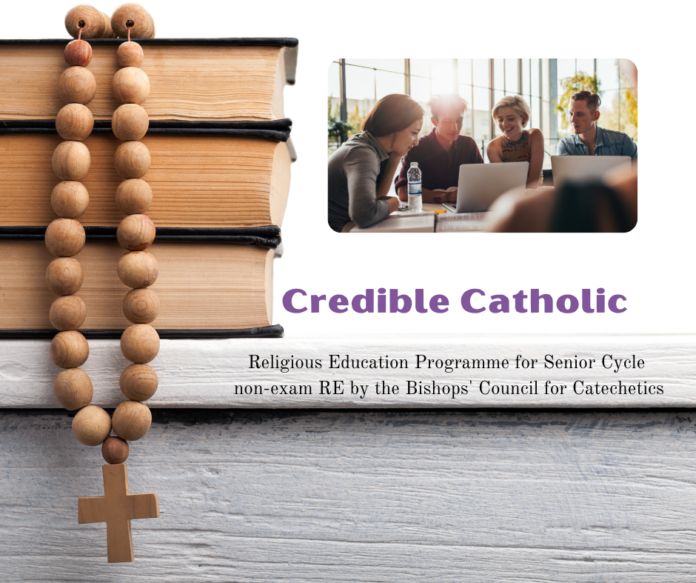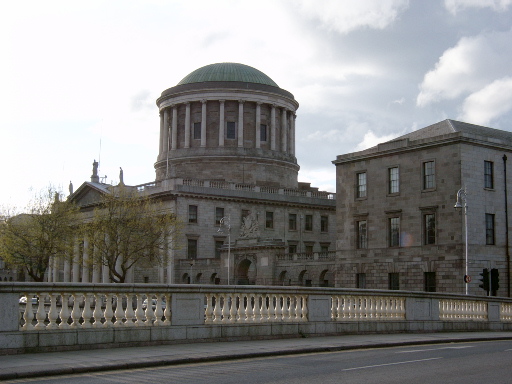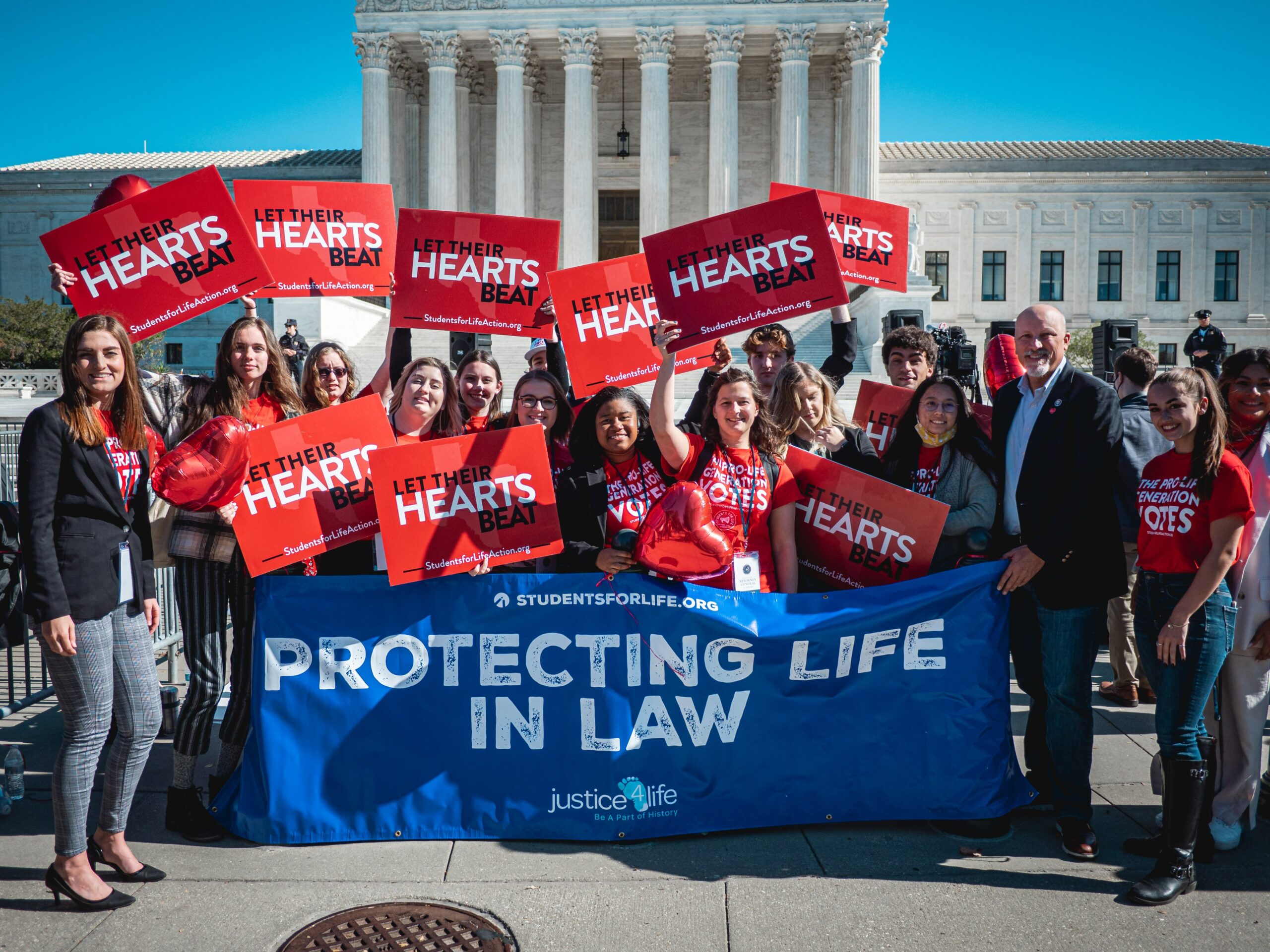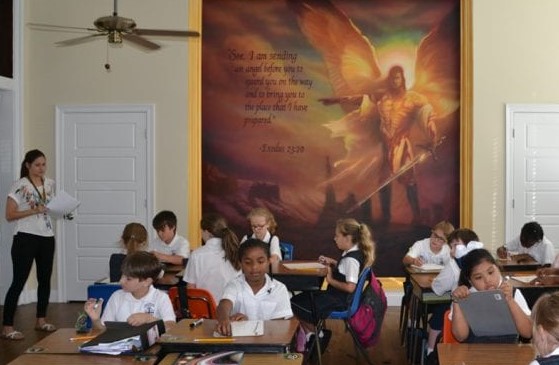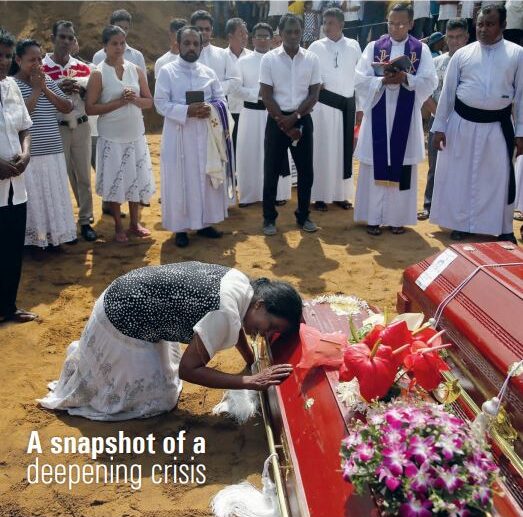A bill making a father’s financial responsibility to his child and his child’s mother begin when the child is conceived, has been proposed in one US state.
Announcing the legislation, pro-choice Democrat, Forrest Bennett, said “If Oklahoma is going to restrict a woman’s right to choose, we sure better make sure the man involved can’t just walk away from his responsibility.”
Pro-lifers were swift to respond with a resounding, “Yes, exactly!” The pro-life movement, believing as it does that human life begins at conception, has long favored requiring fathers to support their children from that point. Writing at NRO, Alexandra De Sanctis said “We know that many if not most women who have an abortion do so because of lack of support, usually from their partner, and policies such as this one might make it easier for many pregnant mothers to choose life. They’re also good in principle, recognizing as they do that life begins at conception and that both mothers and fathers are responsible for their children from the moment they come into existence”.
But, abortion supporters were less than thrilled with Bennett’s bill. The trouble, it seemed, is that the bill implicitly affirms that human life begins at conception, an enormous concession to the pro-life argument.
In response to the pushback, Bennett was swift to apologise and promise to rework his legislation. “I understand how the language in my message and bill both hurt the cause instead of helping it, and I apologise for not being more thoughtful,” he tweeted.



